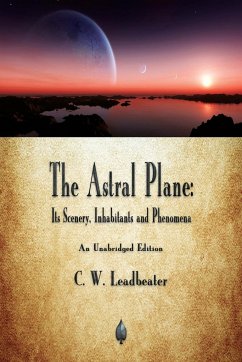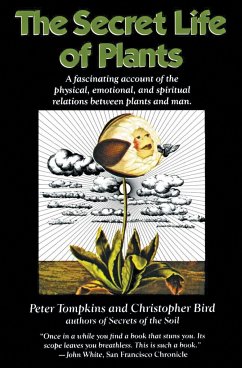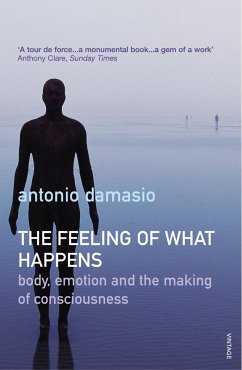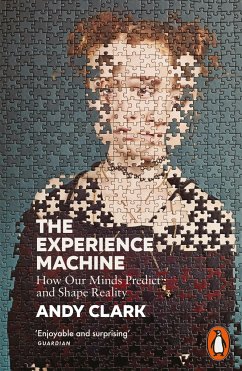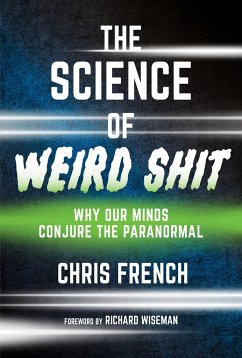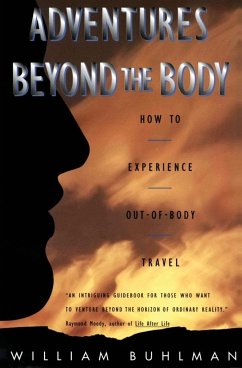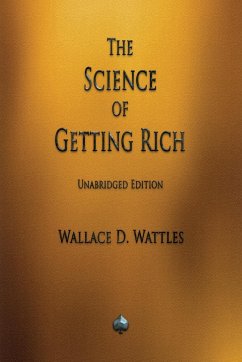
The Science of Getting Rich
Versandkostenfrei!
Versandfertig in 1-2 Wochen
8,49 €
inkl. MwSt.

PAYBACK Punkte
4 °P sammeln!
An Unabridged Edition of the 1910 Classic with all chapters and footnotes to include: Preface – The Right to Be Rich – There is A Science of Getting Rich – Is Opportunity Monopolized? – The First Principle in The Science of Getting Rich – Increasing Life – How Riches Come to You – Gratitude – Thinking in the Certain Way – How to Use the Will – Further Use of the Will – Acting in the Certain Way – Efficient Action – Getting into the Right Business – The Impression of Increase – The Advancing Man – Some Cautions, and Concluding Observations – Summary of the Scie...
An Unabridged Edition of the 1910 Classic with all chapters and footnotes to include: Preface – The Right to Be Rich – There is A Science of Getting Rich – Is Opportunity Monopolized? – The First Principle in The Science of Getting Rich – Increasing Life – How Riches Come to You – Gratitude – Thinking in the Certain Way – How to Use the Will – Further Use of the Will – Acting in the Certain Way – Efficient Action – Getting into the Right Business – The Impression of Increase – The Advancing Man – Some Cautions, and Concluding Observations – Summary of the Science of Getting Rich.



